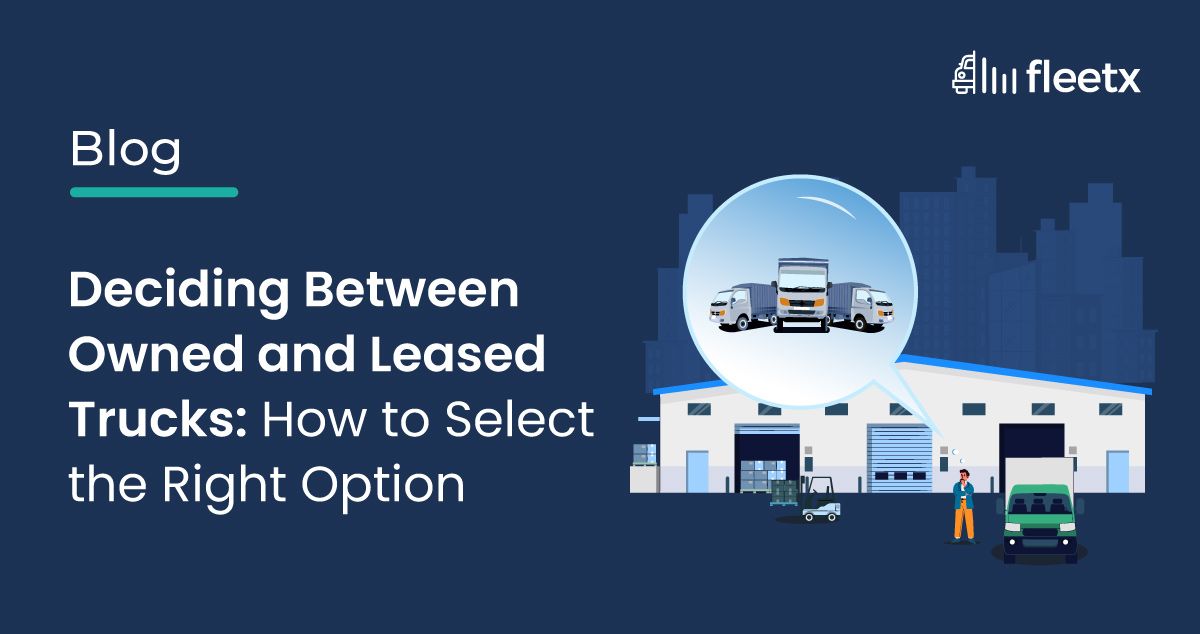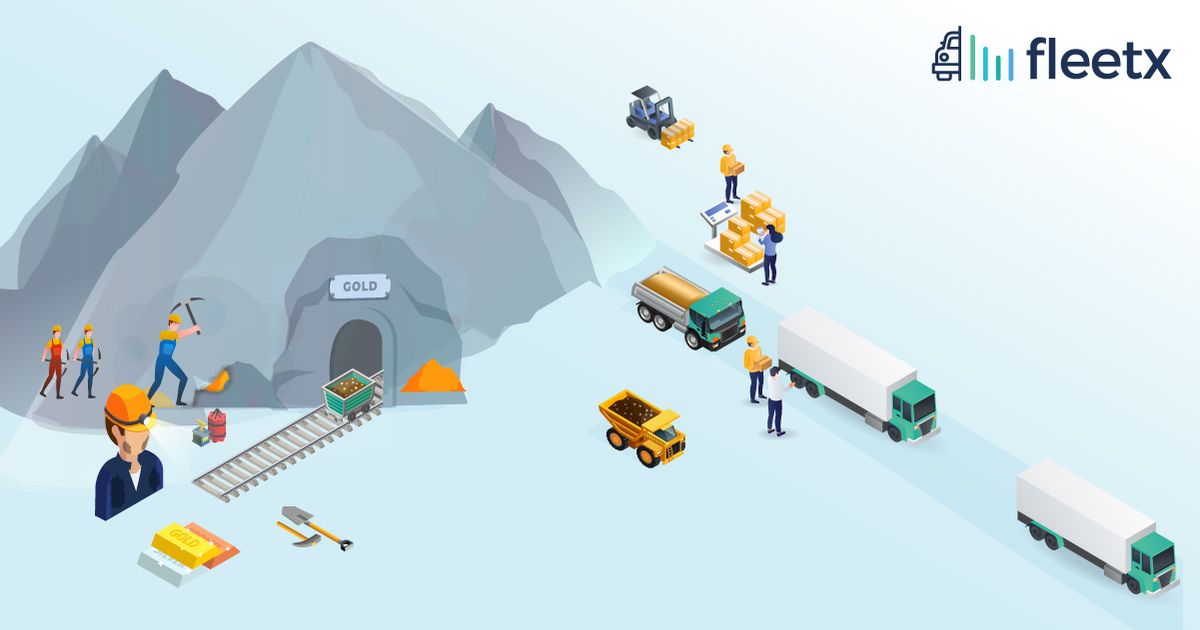
In the world of logistics and transportation, the debate between owning and leasing trucks is as relevant as ever. With businesses striving for efficiency and cost-effectiveness, choosing the right method of acquiring trucks for long haul or short haul can significantly impact operations. This post guides you into the nuances of owning versus leasing trucks, exploring the financial, operational, and strategic implications of each option.
The Case for Owning Trucks
Capital Investment and Long-Term Savings: Owning trucks requires a significant upfront investment. However, this capital expenditure can lead to long-term savings as businesses avoid recurring lease payments. Owning trucks can be cost-effective for companies with stable, long-term needs, where the vehicles can be utilized to their fullest over many years.
Depreciation and Tax Benefits: Depreciation of owned trucks can be leveraged for tax benefits. Businesses can write off the depreciation of the vehicle as a business expense, potentially lowering their taxable income. Additionally, owning trucks outright provides the opportunity to claim deductions on operational costs, such as maintenance and fuel.
Customization and Control: Owning trucks offers the flexibility to customize vehicles according to specific business needs, which is crucial for companies with specialized transportation requirements. It also provides complete control over maintenance schedules and operational usage, ensuring that the trucks are always in optimal condition and available when needed.
The Case for Leasing Trucks
Lower Initial Costs and Flexibility: Leasing trucks significantly reduces initial costs, freeing up capital for other business investments. It offers flexibility, allowing businesses to upgrade to newer models at the end of lease terms, thus benefiting from the latest technology and improved fuel efficiency without a substantial upfront investment.
Predictable Expenses and Cash Flow Management: Leasing agreements often include maintenance and repair services, making expenses predictable and easier to manage. This can improve cash flow management, as businesses can plan for fixed monthly lease payments without worrying about unexpected repair costs.
Mitigating Risk of Depreciation: Leasing trucks mitigates the risk of depreciation. Businesses can return the vehicle at the end of the lease, avoiding the loss in value that comes with owning an aging fleet. This is particularly advantageous in a rapidly evolving market where vehicle technology is constantly advancing.
Operational Considerations
Fleet Management and Scalability: Businesses need to consider their ability to manage and scale their fleet. Owning trucks may require a larger, dedicated team for maintenance and management, while leasing can often include these services, allowing businesses to scale up or down more fluidly in response to market demand.
Usage and Mileage: For companies with long haul needs, owning may be more beneficial since leased vehicles often come with distance limits, and exceeding these limits can incur significant costs. On the other hand, businesses with variable or unpredictable vehicle usage may find leasing more advantageous due to its flexibility.
Financial Implications
Cost-Benefit Analysis: A comprehensive cost-benefit analysis is essential. This analysis should consider the total cost of ownership, including purchase price, maintenance, insurance, and resale value, against the total cost of leasing, which includes lease payments, fees, and any potential overage charges.
Access to Capital: Businesses must also consider their access to capital and financing options. While owning trucks may provide long-term savings, the initial expenditure can be substantial. Leasing, with its lower upfront costs, may be more accessible for businesses with limited capital or those looking to invest in other areas of their operations.
Conclusion
The decision between owning and leasing trucks is multifaceted, depending on a business’s financial situation, operational needs, and strategic goals. Owning may offer long-term savings and greater control, ideal for stable companies with predictable transportation needs. Leasing, on the other hand, offers flexibility, lower initial costs, and the ability to easily upgrade fleets, suitable for businesses facing rapid growth or fluctuating demand.




